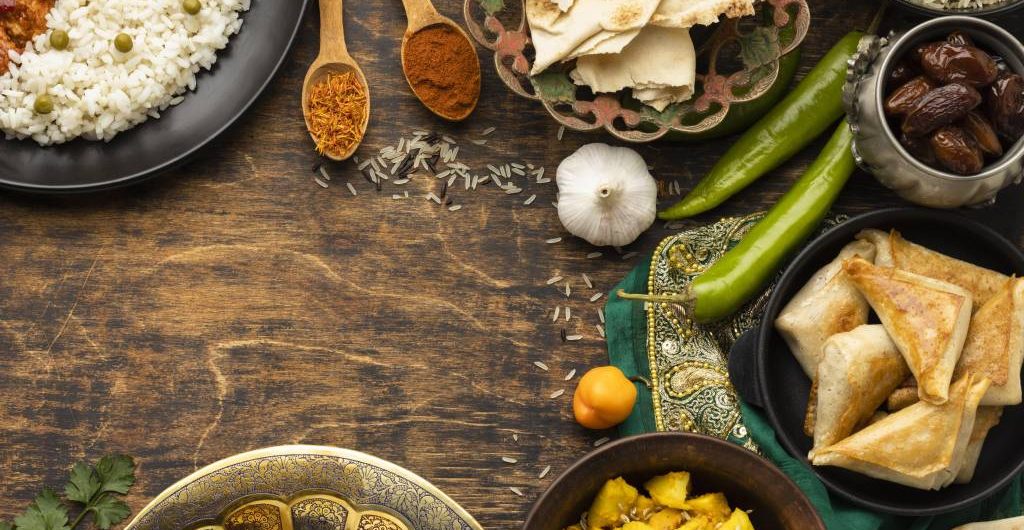
Cuisine refers to a specific style or method of cooking, often associated with a particular region, culture, or group of people. It encompasses the ingredients, techniques, and traditions that define a culinary identity.
Importance of Cuisines in Culture and Society
Cuisines are not merely about sustenance; they are a reflection of culture, history, and identity. They play a vital role in shaping the way societies and individuals interact with food and with each other. The diversity of cuisines worldwide highlights the richness of human culture.
Purpose of the Discussion
In this discussion, we will explore the various types of cuisines, delve into their key elements, understand their cultural significance, trace their evolution over time, and examine the challenges and issues they face in the modern world.
Types of Cuisines
Regional Cuisines
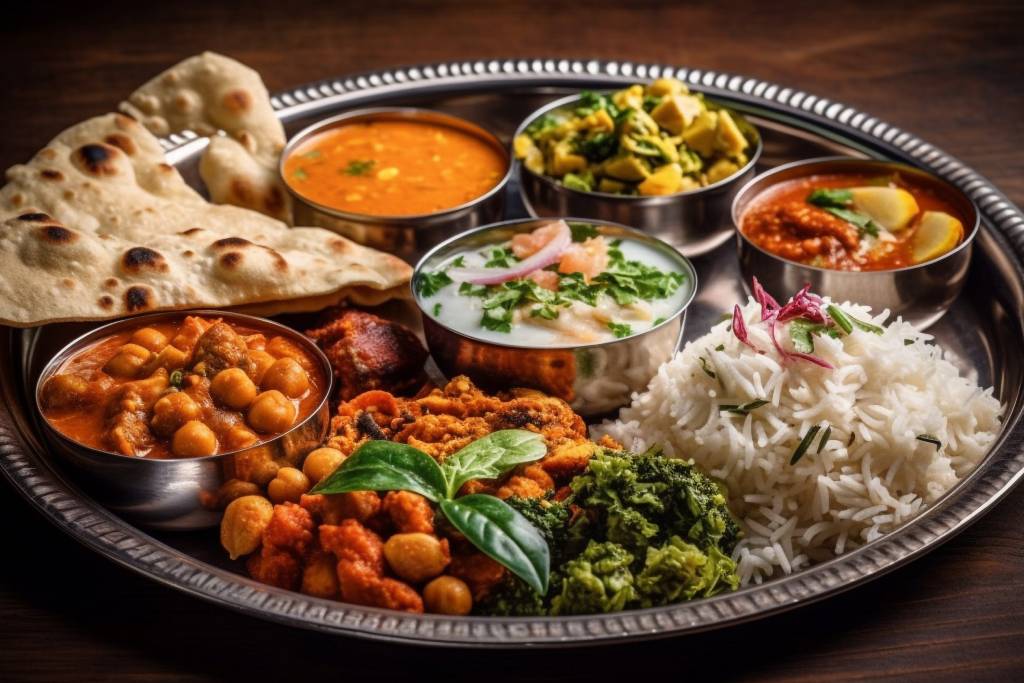
Regional cuisines are closely tied to specific geographic areas and are often influenced by local ingredients, climate, and traditions.
Fusion Cuisines
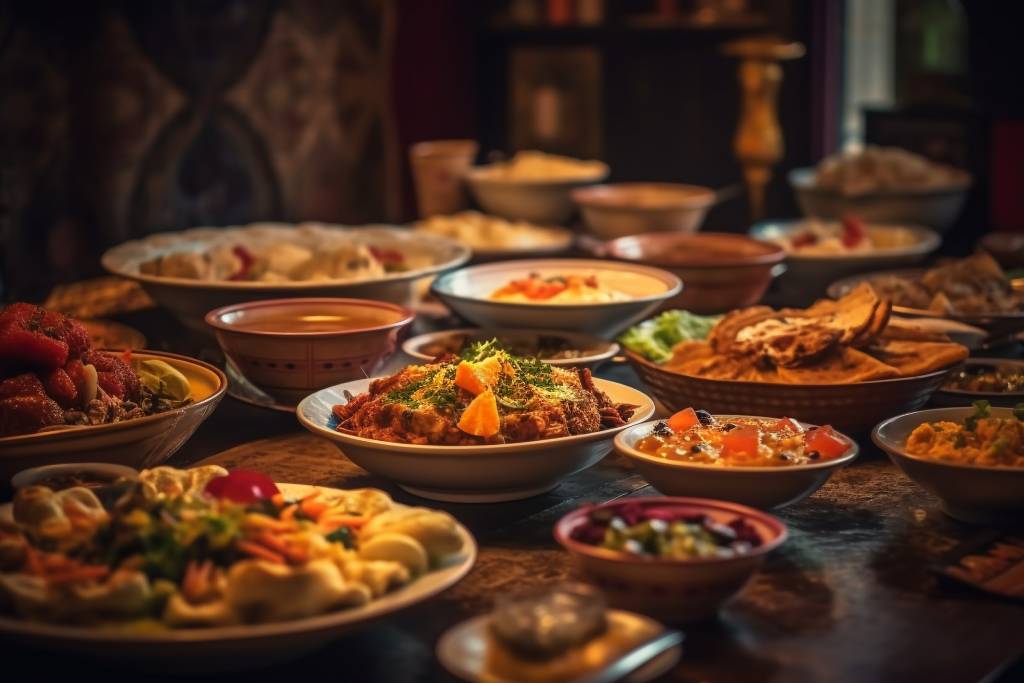
Fusion cuisines represent the blending of culinary traditions from different cultures, resulting in innovative and unique dishes.
Dietary Cuisines

Dietary cuisines cater to specific dietary restrictions or preferences, such as vegan, vegetarian, gluten-free, keto, or paleo diets.
Historical Cuisines
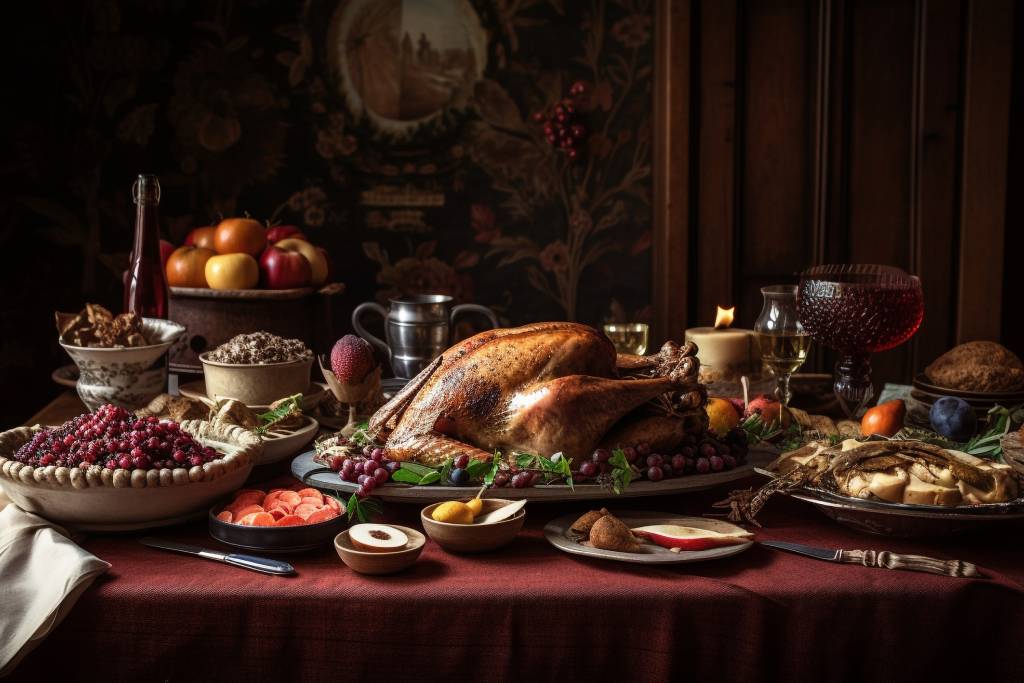
Historical cuisines reflect the culinary practices of bygone eras and often provide insights into the evolution of food and cooking techniques.
Key Elements of Cuisines

Ingredients
Ingredients are the building blocks of any cuisine. Staples, spices, and unique or signature ingredients distinguish one cuisine from another.
Cooking Techniques
- Different cuisines employ various cooking techniques, from grilling and roasting to stir-frying and boiling, which contribute to their distinct flavors and textures.
- Presentation and Plating
- The presentation of a dish is crucial in many cuisines, as it can enhance the overall dining experience and reflect cultural aesthetics.
- Traditional Utensils and Cookware
- Many cuisines have their own traditional utensils and cookware that are essential for preparing specific dishes.
Cultural Significance
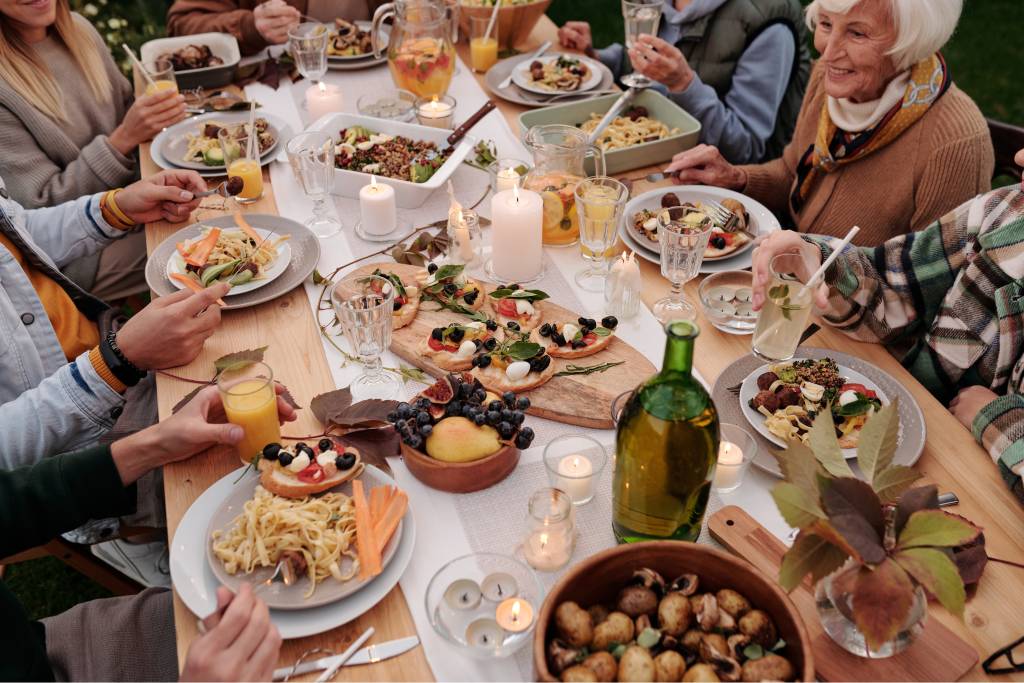
Role of Cuisines in Cultural Identity
Cuisines are integral to cultural identity, serving as a means of preserving and passing down traditions from one generation to the next.
Festivals and Food
Food plays a central role in many cultural festivals and celebrations, bringing communities together.
Family and Social Gatherings
Cuisines often take center stage during family gatherings and social events, reinforcing bonds and fostering a sense of togetherness.
Rituals and Symbolism
Certain dishes hold deep cultural and religious significance, serving as symbols of heritage and spirituality.
The Evolution of Cuisines
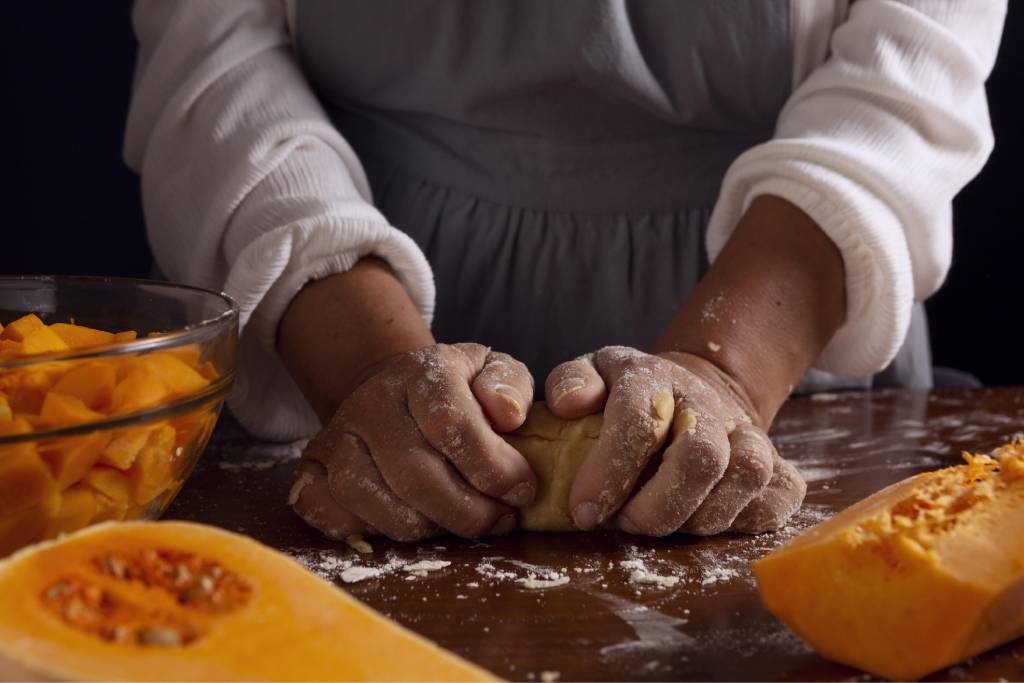
Historical Influences and Changes
Cuisines evolve over time due to factors like trade, colonization, and technological advancements, leading to the incorporation of new ingredients and techniques.
Globalization and Fusion
In today’s interconnected world, globalization has led to the fusion of cuisines, creating exciting new culinary experiences.
Modern Trends in Food
Modern lifestyles and concerns about health, sustainability, and convenience are influencing the direction of cuisines.
Notable Dishes
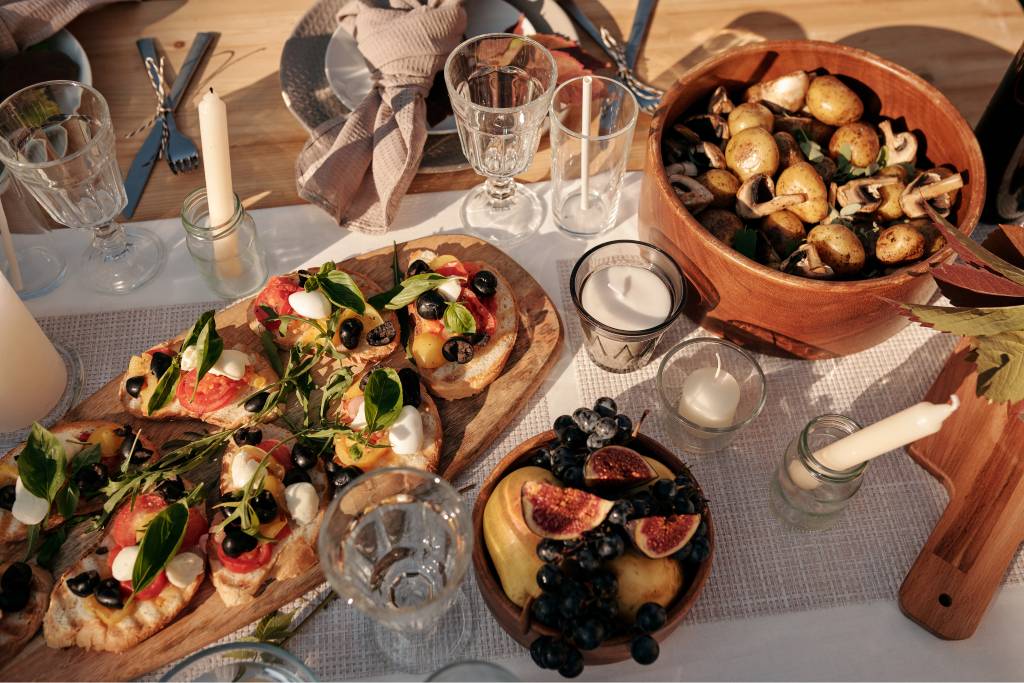
Iconic Dishes from Various Cuisines
Every cuisine boasts iconic dishes that are celebrated worldwide, such as sushi, pizza, curry, and paella.
Signature Dishes of Different Regions
Each region has its signature dishes, like croissants in France, sushi in Japan, or barbecue in the American South.
Street Food and Fast Food
Street food and fast food are essential components of many cuisines, offering quick, affordable, and flavorful options.
Culinary Tourism

Culinary Tourism Defined
Culinary tourism involves traveling to explore and experience a region’s food culture, from street markets to fine dining.
Popular Culinary Destinations
Cities like Paris, Bangkok, and Istanbul are renowned for their culinary scenes and attract food enthusiasts from around the world.
Food Tours and Experiences
Food tours and cooking classes allow tourists to immerse themselves in the local food culture.
Challenges and Issues
Health and Nutrition Concerns
As diets change, concerns about health and nutrition become more prominent, prompting adaptations in cuisines.
Cultural Appropriation
The appropriation of cuisines from marginalized communities by dominant cultures is a contentious issue.
Sustainability and Food Security
The environmental impact of food production and the need for food security are pressing concerns that cuisines must address.
Food Safety
Ensuring the safety of food is crucial to maintaining the integrity of cuisines.